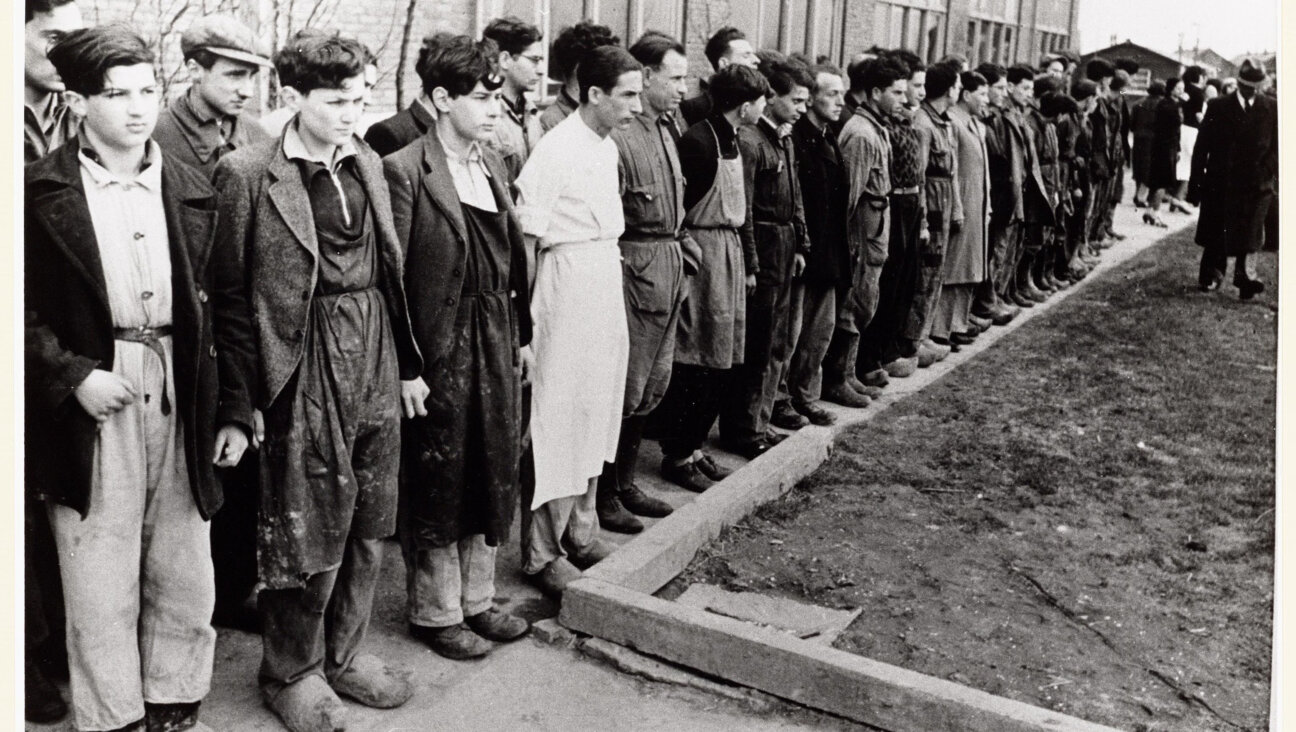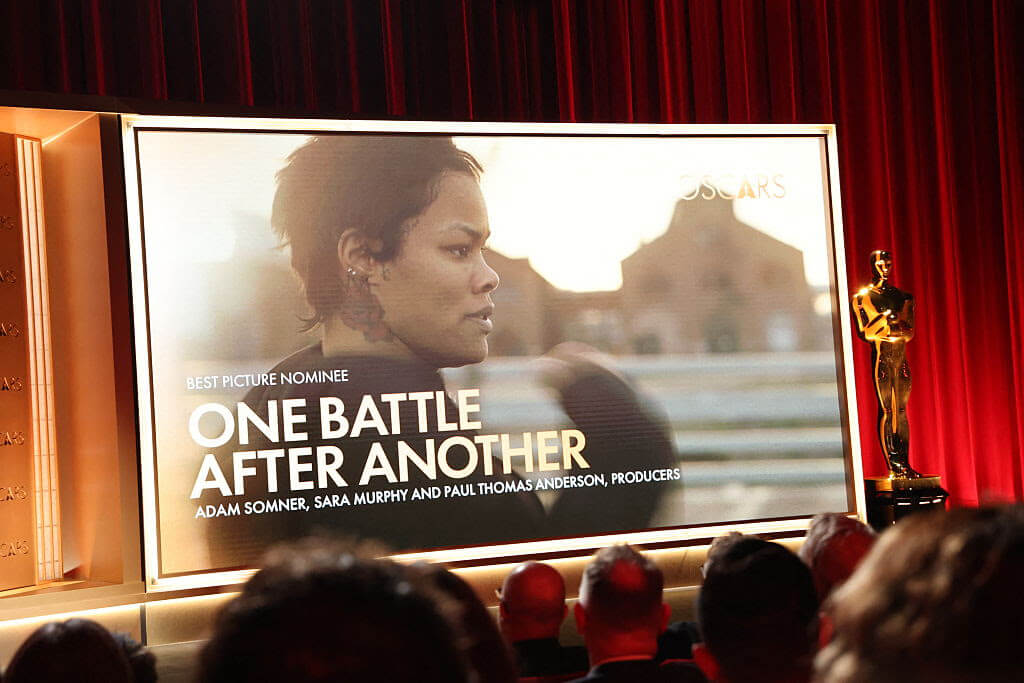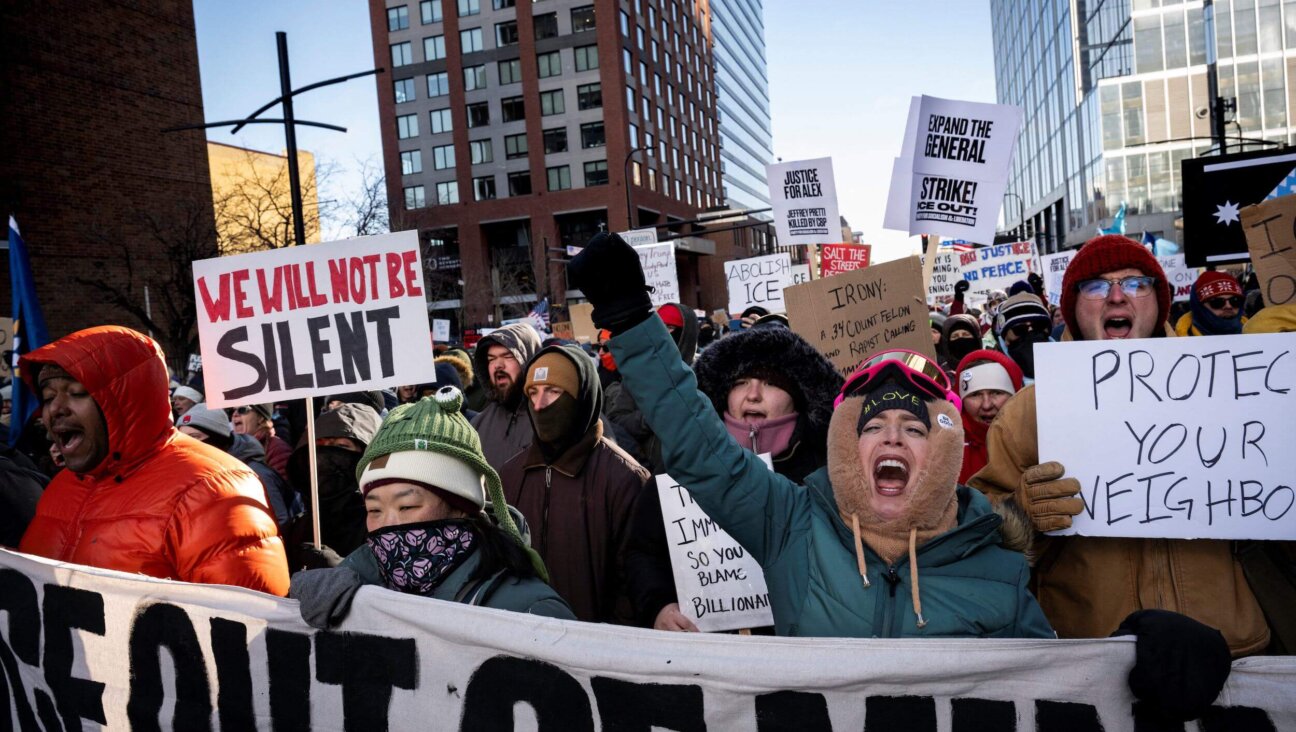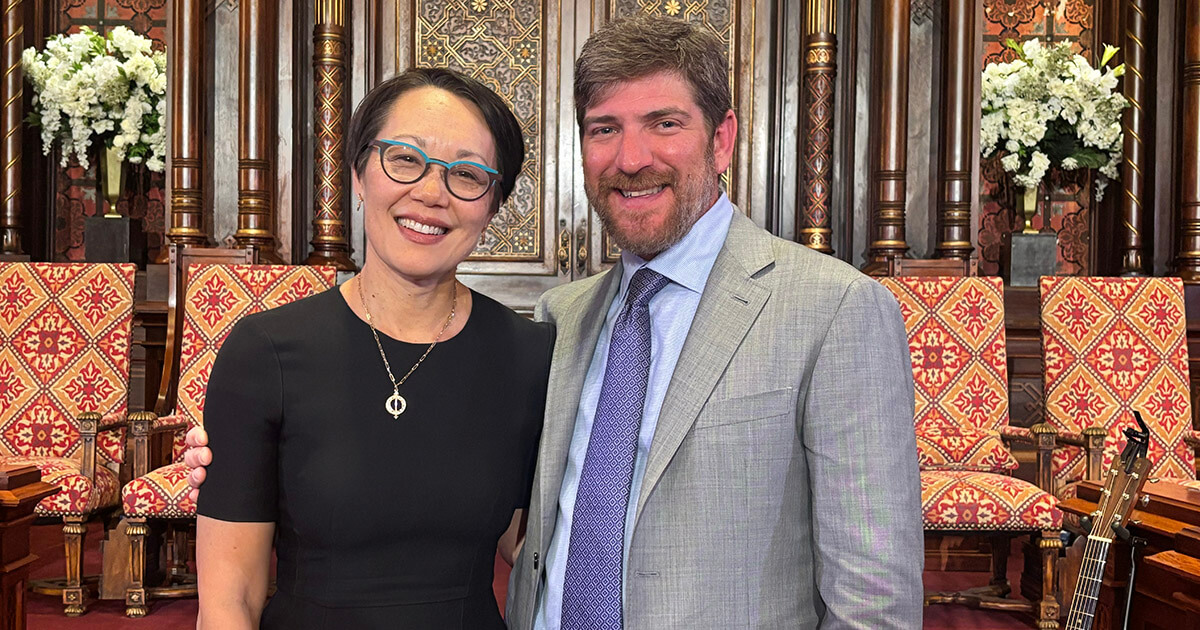How Oct. 7 changed my life as a Jewish Latino American teenager
Once, I felt secure in the Jewish and American parts of my identity‚ not anymore
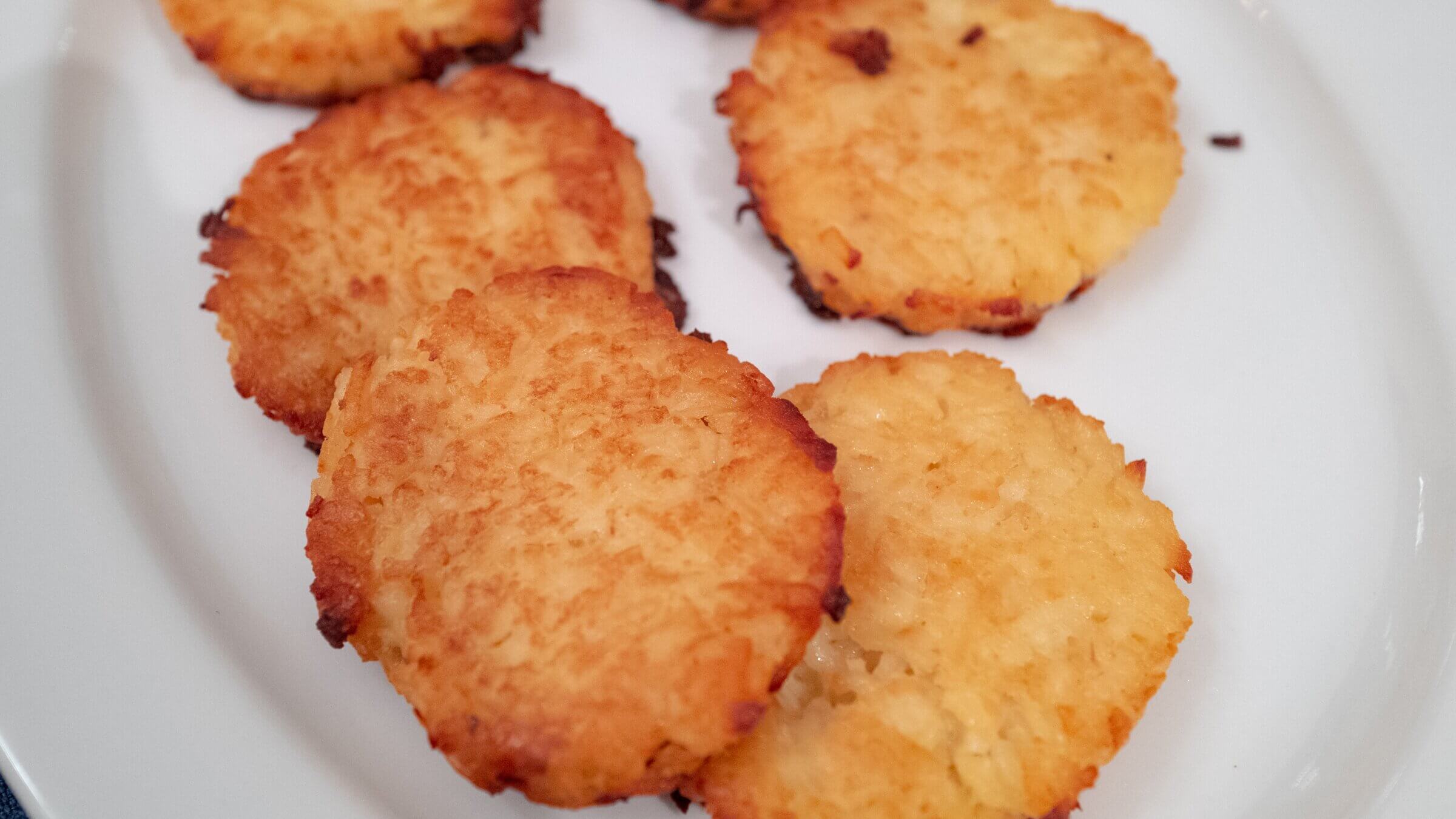
For Max Alperstein, celebrations blend American and Guatemalan Jewish traditions. Photo by Getty Images
This is one in a series of essays written by high school students in response to the events of Oct. 7 and its aftermath. You can find the full collection of essays at this page.
I have often felt an emotional tug to my birth country, Guatemala, and a longing to fit in with the only country I have ever really known: the United States. I arrived in the United States (and became a US citizen) at 10 months old from Guatemala, where I was born. I was adopted by my Jewish single mother, Janet, who helped me embrace my American, Guatemalan, and Jewish cultures.
My Jewish identity is grounded in a beautiful mix of my family’s traditions and Guatemalan Jewish traditions. We enjoy my Grandpa’s delicious homemade latkes on Hanukkah. Some are the traditional potato latkes that generations of my family have made. Others are Guatemalan latkes, made with cheddar cheese and potato. Yet, this mix of my cultural identities can often leave me feeling like I belong everywhere and nowhere simultaneously. In my early years, my origins made me feel extremely self-conscious. Like my classmates, I was determined to fit in and be perceived as American-born. I wanted to be included. Concealing my middle name, Vinicio, became a way to sidestep this difference. At the time, I felt most secure in the Jewish and American parts of my identity.
But last year, that changed.
The events of Oct. 7 hit me hard. Learning of the horrific news of the violence and suffering inflicted by Hamas, I naively hoped for a moment of unity and understanding from the rest of the world. How could there be two sides to a situation where women were raped and babies were beheaded? I was hoping the greater public would finally reaffirm my identity. Sadly, the rise in antisemitism, echoing the horrors of the Holocaust, left me feeling isolated. In New York City, a place I have always called home, suddenly, I encountered blatant antisemitism time and time again — a stark reminder that hatred persists.
I might not agree with every decision made by the Israeli government, and I believe that blind support for any government can lead to extremism. However, when faced with calls for my death and echoes of historical atrocities, I am forced to stand up for what I know is right.
As a Jewish teen, I am grappling with the harsh realities of not feeling safe when I am outside the bubble of my family, my synagogue, and my friends. As I look forward to starting college next year, I am filled with anxiety. How can I expect to feel secure when attending a school that actively supports organizations that call for the death of people like me? Will I feel safe and accepted in an environment that seems to endorse hostility towards my identity? Isn’t one of the goals of college to learn from and spend time with others who have diverse voices and perspectives? When I see “different” perspectives of current and historical events discussed on college campuses and beyond, they seem woefully misguided, inaccurate, and sometimes dangerous.
May we all heed the words of Spanish-American writer George Santayana: “Those who cannot remember the past are condemned to repeat it.”
